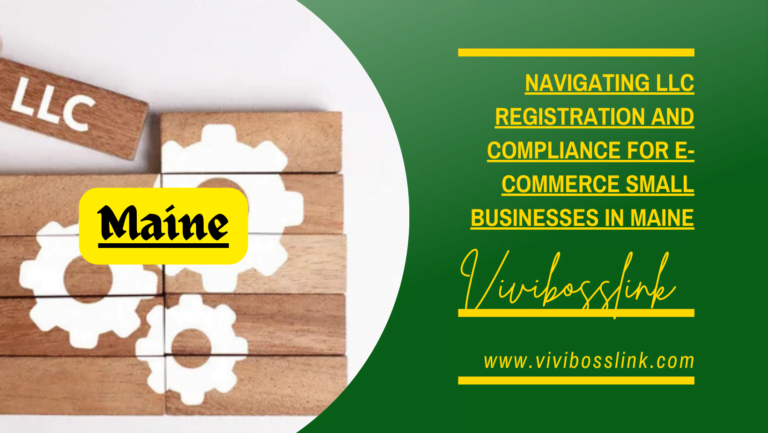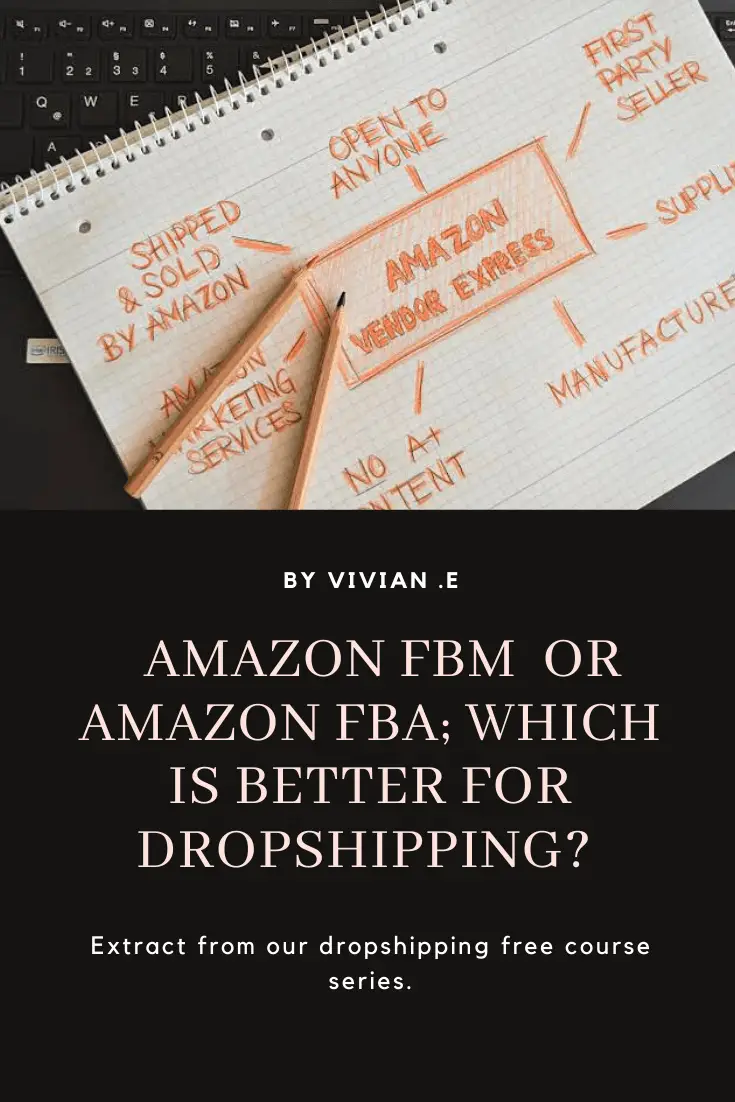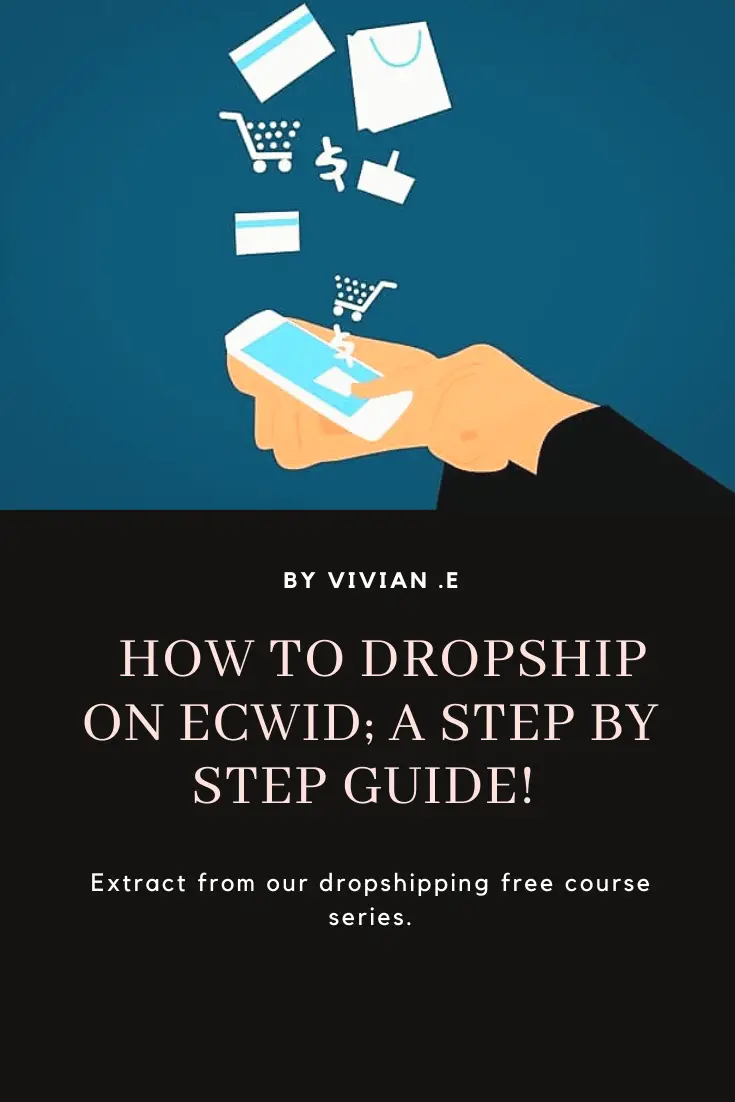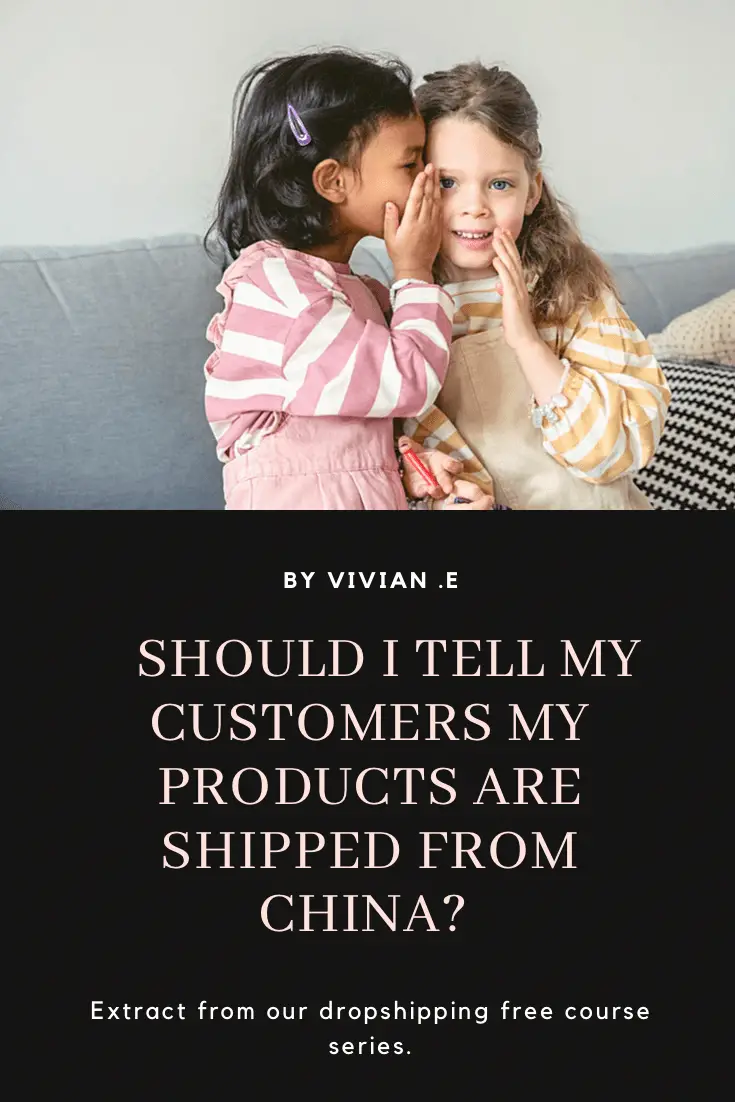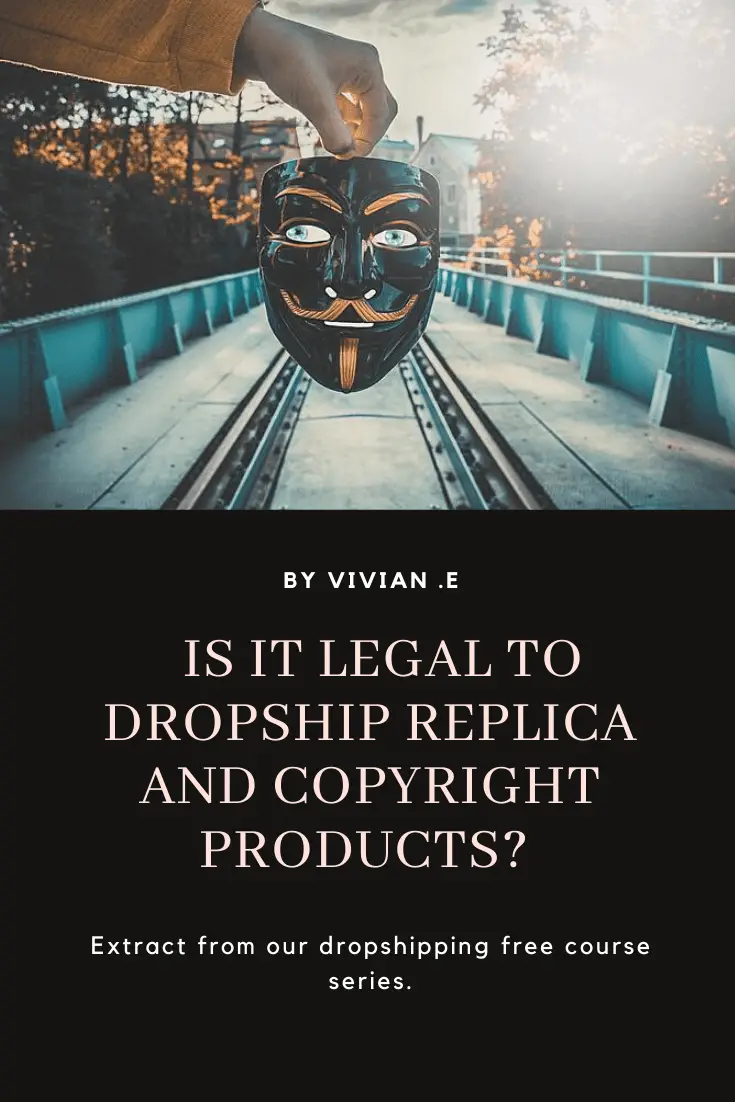
The legality of dropshipping replica and Copyright products would depend on the particular replica and whether the way in which it was designed or promoted would amount to an infringement of intellectual property laws.
Dropshipping a replica product that mimics the design of big known brands may be an appealing idea to people who want to make money online but is it a legitimate business model?
Replica products could also be called “knock offs” “mimics” or “fake designers” that are designed to closely resemble known brands or that are promoted to infer that they are products of a known brand.
For example; A “Gussi” replica product may be designed to closely resemble the “Gucci” luxury design. In most cases the “Gussi” replica product would be sold cheaply in the market compared the original brand.
Will dropshipping replica products make you liable to a lawsuit? And if so, would it be any viable defense that you are not the prooducer or supplier of the replica products but merely a dropshipper?
Is there any legally acceptable way to dropship replica products? These are the questions we will attempt to answer in detail in this article.
Intellectual property laws governing applicable to dropshipping replica products
In the United States there are many intellectual property laws that are intended to protect original creative works of the mind, inventions, branding, logos etc;
The intent of intellectual property law is so that the original creators can have exclusive rights to produce, distribute and give licenses for the commercial use of their work.
The point here is if the replica product you want to dropship will breach any of the IP laws then you could be culpable in a lawsuit.
There are several intellectual property (IP) laws governing creative works in the United states.
Let’s look at an overview of these Ip laws in regards to dropshipping replica products.
- US copyright act of 1976; this federal statute grants right to produce, use, import, sell, distribute or otherwise any commercial usage of an original creative work, exclusively on the author.
The implication of this status on dropshipping replica product is simply this;
If the replica product has on it a creative work, for example, an artistic pattern or graphic design for which copyright has been conferred on the author (i.e the brand owner)
Dropshipping that replica product which has on it a copyrighted work will make you liable to a lawsuit.
For example; if you’re dropshipping a Louis Vuitton sneakers replica product. Sneakers can not be copyrighted. Anyone can produce a sneakers however the design pattern on a typical LV sneakers is an original and distinctive creative work of the mind and can be copyrighted.
Conclusively if the LV pattern has been copyrighted by the brand company in the US, importing or distributing or otherwise dropshipping a sneakers with that copyrighted pattern as a replica product is an infringement and makes you liable!
- US Lanham Act of 1946 (as amended in 1996); this federal statute protects trademarks in the United states. It grants exclusive usage of a distinctive word, phrase, symbol, logo, icon, design or sound intended to distinguish a brand to the registered trademark owner.
The implication of this status on dropshipping replica product is simply this;
If the replica product your dropshipping would have on it a registered trademark or if it’s promoted using a registered trademark or in any way as to confuse the public and infer that the “replica” is the original product of a registered trademark owner then you’d be liable!
For example, if you dropship a replica of the original Gucci shirt and the replica product has on it the Gucci logo or your dropshipping store promotes the replica as a Gucci brand then you are liable!
Likewise if the Gucci replica product has on it and is marketed as “Gussi” “Gocci”or any word that closely resembles the “Gucci” trademark and its intended to confuse the public into mistaking the replica to be the original “Gucci” brand then you’d be liable as well.
- US patent Act (35 USC); this act grants exclusive commercial right for an invention to the registered patent owner.
The implication of the US patent Act on dropshipping replica is simply this;
If a replica product is an unauthorized copy of a registered patent then you could be liable for an intellectual property lawsuit.
International laws on intellectual property which is recognized in the US.
- Treaties administered by the world intellectual property organization (WIPO) of which the US is signatory;
There are many treaties administered by the WIPO of which the United States is signatory and so, a breach of the provision of one of these treaties could make you liable in a lawsuit.
For example; if a known brand did not take any steps to locally protect its brand under the US domestic laws, they may still have solid protection under international treaties which could be enforceable in the US.
WIPO has a system known as the Madrid System which allows a creator to make a single application and get trademark protection in up to 124 countries.
The United States became a signatory to the Madrid protocol of 1989
on November 2, 2003. Therefore a Creator who has been granted trademark rights under the WIPO Madrid system automatically receives trademark protection in America and up to 123 other countries.
Other than the Madrid system for international trademark registration, WIPO also administers PCT system, for international Patent registration; Hague system for international industrial design registration and so on!
You can learn more about these IP registration systems administered by the WIPO here.
- Common law claims of unfair competition. This is also known as the law of passing off in most jurisdictions outside the United states (including the UK and Canada).
This is a broader spectrum of law and covers a wide range of situations.
If a brand did not protect its intellectual property under the US domestic laws or under an international law (i.e the Madrid system). Would dropshipping a replica product of such a brand make you free from lawsuits? Not exactly!
The common law claim of unfair competition may come to play. This doctrine generally gives intellectual property rights to the “first user”.
This means that the prior user of a brand name, design or other assets subject to intellectual property laws can bring a claim against other “subsequent users’ ‘ within the confines of the relevant IP law.
For example section 43(a) of the US Lanham Act recognizes the the common law doctrine of unfair competition and is intended to protect “first users” of an unregistered trademark as against other “subsequent users”
How to dropship replica products legitimately
looking at the overview of intellectual property law and how they protect against dropshipping replica products, you may start to wonder; is there any legitimate way of drop shipping replica products in the United States?
It is common that many big brands don’t go after small businesses in legal battles for an infringement of their intellectual property rights, this accounts for the rampant presence of knock offs in the marketplace.
In most cases, these big brands issue a warning and replica stores are mostly glad to settle their infringement issues amicably and out of court.
Nevertheless, it’s not impossible for a known brand to choose to deal with an infringement to the full extent of the law, so it’s better to be careful than sorry.
The most recommended way to legitimately Dropship a replica product is to obtain a license to do so from the concerned brand.
However, it’s unlikely that big brands will give such a license at all, or that they would give it at an affordable price.
“If I’m only dropshipping replica products and I’m not the producer or supplier, does that avail me from lawsuits”?
No, it doesn’t. If you’re dropshipping replica products and prima facie infringing on a brand’s intellectual property rights. Then It’s not a good defense that you’re only a Dropshipper because by dropshipping that automatically means that you are involved in the distribution of the product which makes you culpable.
Conclusion
I hope this article gives you a detailed understanding of the illegality of dropshipping replica products in the United states.
If you have any questions, please feel free to ask in the comments and I’d gladly respond!



